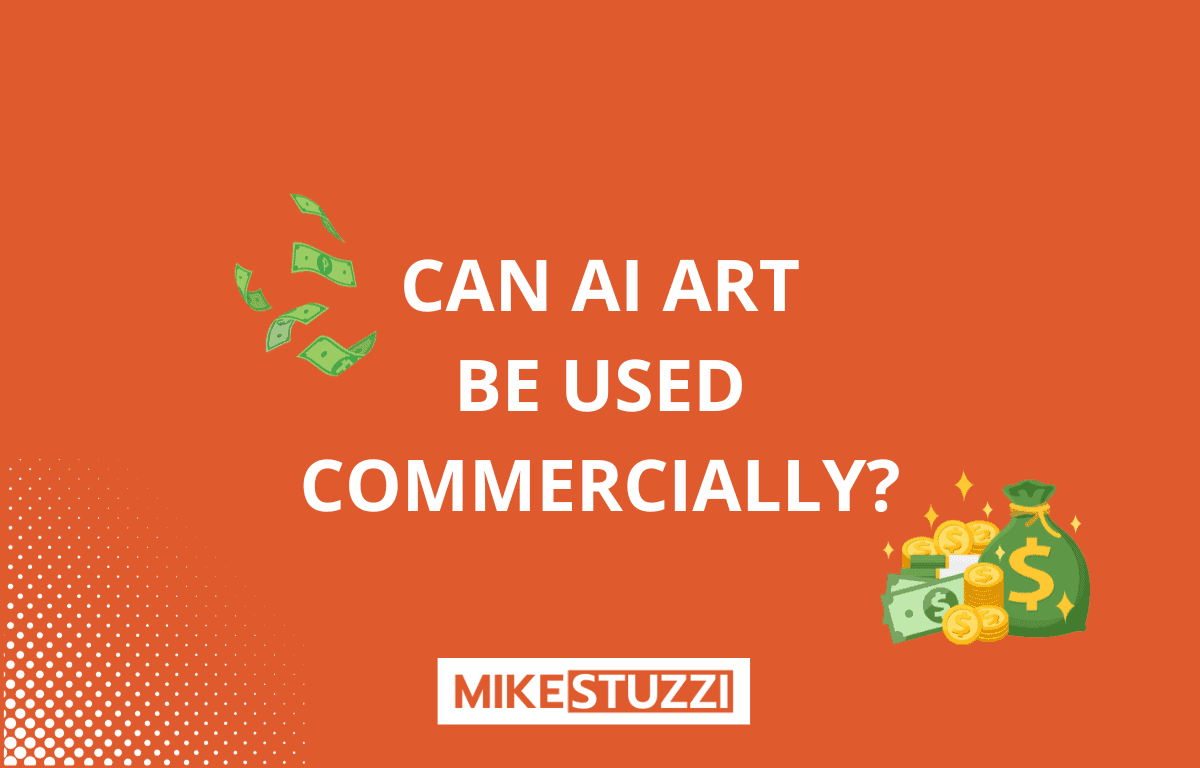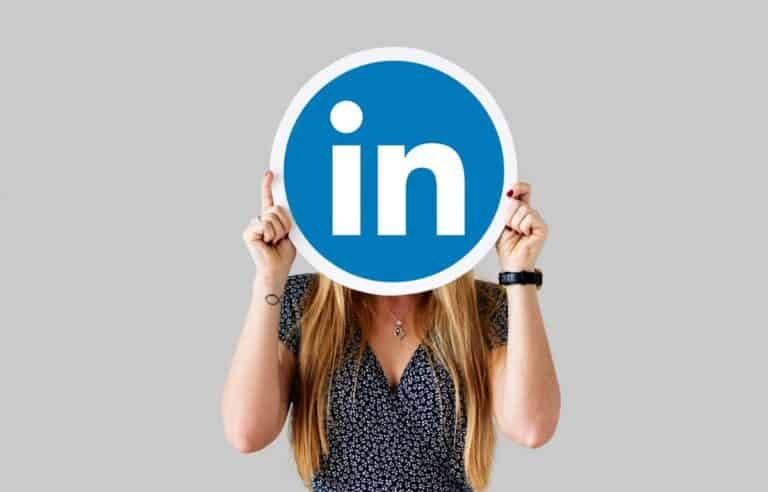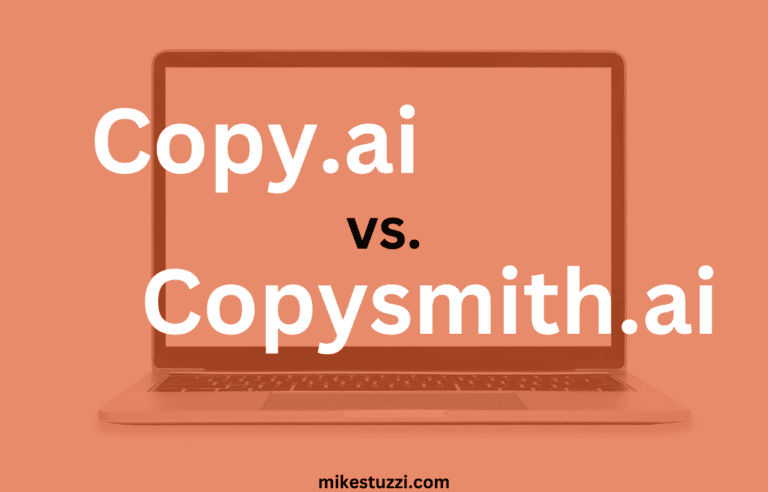Can AI Art be Used Commercially?
Advancements in AI have led to the possibility of it creating visually stunning and thought-provoking artworks from simple text descriptions.
As a result, there has been an intriguing question that many people ask: can AI art be used commercially? In other words, can these AI-generated artworks find a place in the commercial world, where they can be bought, sold, and utilized for various business purposes?
I’m here to answer your question once and for all. Let’s get started!
Ethical Considerations Concerning Commercial Use of AI Art
When thinking about using AI art commercially, some ethical considerations come into play.
- Attribution and recognition of AI artists: AI art is created through algorithms and machine learning, but there’s a debate about recognizing and attributing the contribution of the human programmers and artists who developed the AI system.
- Impact on human artists and the art market: The rise of AI art also raises concerns about the possible displacement of human artists. As AI becomes more capable of creating sophisticated artworks, there is a possibility that it could devalue the work of human artists and photographers, and make it harder for them to compete in the art market.
- Potential biases in AI-generated art: AI algorithms are trained on existing data, which can introduce biases into the generated art. If the training data is biased or lacks diversity, it can result in AI-generated art that perpetuates stereotypes, exclusion, and cultural misrepresentation (aspects that can be carried on to the commercial setting where you’re using AI art).

Is It Possible to Use AI Art for Commercial Purposes?
Yes, it is possible to use AI art for commercial purposes without necessarily giving credit to someone or paying them. The reason is that the art is a result of various AI models that were trained using existing images, paintings, and other visual illustrations.
AI-generated artworks have already been used in various commercial applications, such as advertising campaigns. In fact, various AI art generation tools utilize AI art when promoting themselves on various online platforms and social media.
Other brands in various industries have done it too. One example is Nutella whereby the company created an algorithm that generated 7 million unique versions of the Nutella Jar with varying colors and patterns.
The visually stunning and unique nature of AI art can provide businesses with innovative and captivating visuals to enhance their commercial endeavors. Aside from businesses, many individual AI artists and enthusiasts list their work for sale on various AI art marketplaces.
Using AI art commercially without restrictions is possible because AI art can’t be copyrighted. Because no one “owns” it, you can buy, sell, or use the art for business purposes.
Read also: Can I Sell AI-Generated Art?
How Can You Use AI Art Commercially?

There are several ways in which AI art can be utilized commercially. It provides unique opportunities for businesses and individuals alike.
Here are some of the key ways in which you can use AI art for commercial purposes:
- Advertising and marketing: AI-generated artworks are great for creating visually captivating advertisements and marketing campaigns for social media.
- Product design and branding: You can also use AI art on product designs and other branding materials like logos.
- Digital products: Numerous digital products, including e-books for children, require visual elements like art creations to reinforce the reading experience.
- Content Creation: You may have seen a variety of YouTubers using AI art in their faceless videos and wonder if you’re allowed to do the same.
- Direct selling of AI art: This is another possible commercial use of AI art since many people don’t have the proper tools or lack time to create such art themselves.
Conclusion
So, you don’t have to be afraid of getting sued or something when using AI art commercially. You’re allowed to do it!
Go ahead and start generating your art and use it however you wish as long as it’s ethical. To clear doubts and protect yourself, always be on watch for any developments concerning AI art to ensure legal compliance.







